By Carrie Carls, BSN, RN, CWOCN, CHRN, and Sherry Clayton, RHIA
In an atmosphere of changing reimbursement, it’s important to understand indications and utilization guidelines for healthcare services. Otherwise, facilities won’t receive appropriate reimbursement for provided services. This article focuses on Medicare reimbursement for hyperbaric oxygen therapy (HBOT). (See What is hyperbaric oxygen therapy?)
Indications and documentation requirements
The Centers for Medicare & Medicaid Services (CMS) National Coverage Determination for HBOT lists covered conditions for HBOT, as do the individual Medicare Administrative Contractor’s (MAC) Local Coverage Determination policies and/or articles. (See Conditions for which CMS approves use of HBOT.) Providers should thoroughly review the indications and utilization guidelines to ensure coverage criteria are met for each clinical condition.
It’s important that the documentation in the patient’s medical record supports the medical necessity for HBOT. Reimbursement hinges on documenting all services performed. For example, diabetic wounds of the lower extremity will first require the assessment of the patient’s vascular status with correction of any problems found, optimization of nutritional status and glucose control, removal of nonviable tissue, appropriate offloading of the ulcer, treatment and resolution of infection, and maintenance of a clean, moist wound bed.
HBOT is indicated if all of the above have been done and the ulcer doesn’t show measurable signs of healing after 30 days of standard wound care.
Provider requirements
For HBOT to be reimbursed, a facility must ensure the provider supervising the treatment meets CMS requirements. Physicians who supervise HBOT should be certified in Undersea and Hyperbaric Medicine or must have completed a 40-hour, in-person training program by an approved entity. In addition, if HBOT is performed off-site from a hospital campus or in a physician’s office, Advanced Cardiac Life Support training and certification of the supervising physician are required.
CMS also requires appropriate direct physician supervision for coverage, meaning that the physician must be present on the premises and immediately available to furnish assistance and direction throughout the performance of the procedure.
Billing and coding
In a hospital outpatient setting, the correct code is C1300, hyperbaric oxygen under pressure, full body chamber, per 30-minute interval. Physician supervision of HBOT is reported with CPT code 99183, physician attendance and supervision of hyperbaric oxygen therapy, per session. It’s important to note that the physician supervision code should be reported in a unit of 1, and the hospital outpatient procedure code of C1300 will be in multiple units, typically 4 units.
Prepay probes
Providers may be asked to submit medical documentation for specific claims identified by the MAC prior to payment (“prepay probes”). These Additional Development Requests require a response within 30 days and generally involve 20 to 40 claims per provider. Such requests occur in both inpatient and outpatient settings, and some MACs are starting to use prepay probes in skilled nursing facilities as well.
After review of the documentation, providers receive notification of the results. Further reviews are based on the provider error rate calculated.
Skilled nursing facility, inpatients, critical access hospitals
In a skilled nursing facility, HBOT is part of the facility Prospective Payment System (PPS) payment in Medicare part A stays. For hospital inpatients, HBOT is reported under revenue code 940. For critical access hospitals, a reasonable cost-based system is used.
Ensuring reimbursement
To ensure reimbursement of HBOT, check CMS policies and articles for indications, utilization guidelines, and provider requirements. In addition, ensure that documentation clearly supports the need for HBOT and follows the billing and coding requirements.
Both authors work at Passavant Area Hospital in Jacksonville, Illinois. Carrie Carls is the nursing director of advanced wound healing and hyperbaric medicine and Sherry Clayton is the director of managed care and revenue integrity.
Selected references
Centers for Medicare & Medicaid Services. Hyperbaric oxygen therapy (HBO) supplemental article (A52118). http://www.cms.gov/medicare-coverage-database/details/article-details.aspx?articleId=52118. Accessed February 19, 2014.
Centers for Medicare & Medicaid Services. National coverage decision for hyperbaric oxygen therapy (20.29). Publication No. 100-3. http://www.cms.gov/medicare-coverage-database/details/ncd-details.aspx. Accessed February 19, 2014.
Clarke D. Economics of hyperbaric medicine. In: Kindwall E, Whelan H, eds. Hyperbaric Medicine Practice. 3rd ed. Flagstaff, AZ: Best Publishing Company; 2008;275-288.
Gesell L. Hyperbaric Oxygen Therapy Indications. 12th ed. Durham, NC: Undersea and Hyperbaric Medical Society; 2008.
Kranke P, Bennett MH, Roecki-Wiedmann I, Debus S. Hyperbaric oxygen for chronic wounds. Cochrane Database Syst Rev. http://www.ncbi.nlm.nih.gov/pubmed/22513920. Updated 2012. Accessed February 19, 2014.
National Government Services. Article for hyperbaric oxygen (HBO) therapy—medical policy (A52174). http://www.ngsmedicare.com. Accessed February 19, 2014.
National Government Services. Part B medical review: the medical review process. http://www.ngsmedicare.com. Accessed February 19, 2014.
Schaum K. Hyperbaric oxygen therapy reimbursement reminders for a successful 2010. Today’s Wound Clinic. 2010;4:9-14.
Tuner T. The coming audit storm. Today’s Wound Clinic. 2012;6:18-20, 38.
DISCLAIMER: All clinical recommendations are intended to assist with determining the appropriate wound therapy for the patient. Responsibility for final decisions and actions related to care of specific patients shall remain the obligation of the institution, its staff, and the patients’ attending physicians. Nothing in this information shall be deemed to constitute the providing of medical care or the diagnosis of any medical condition. Individuals should contact their healthcare providers for medical-related information.

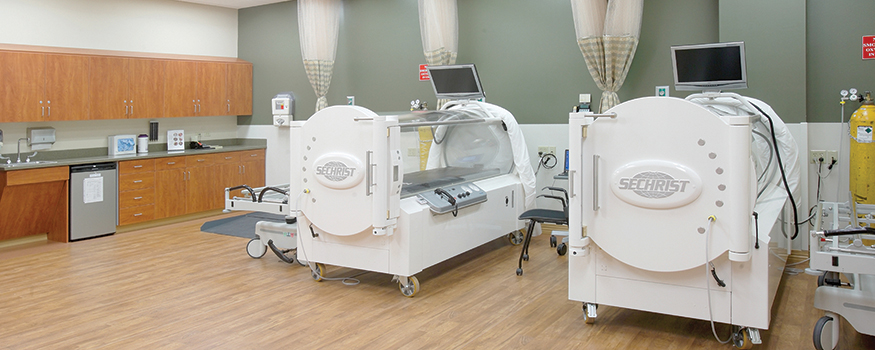
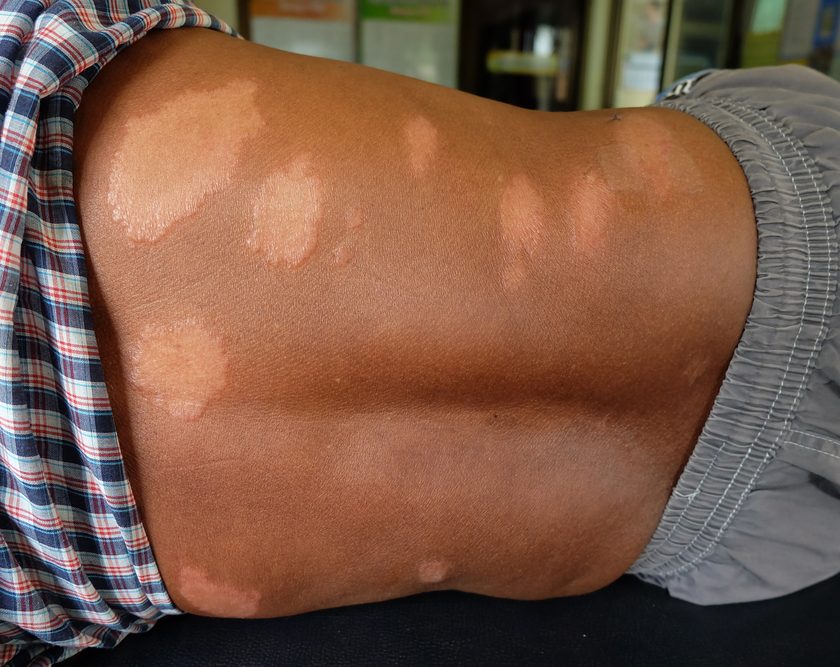

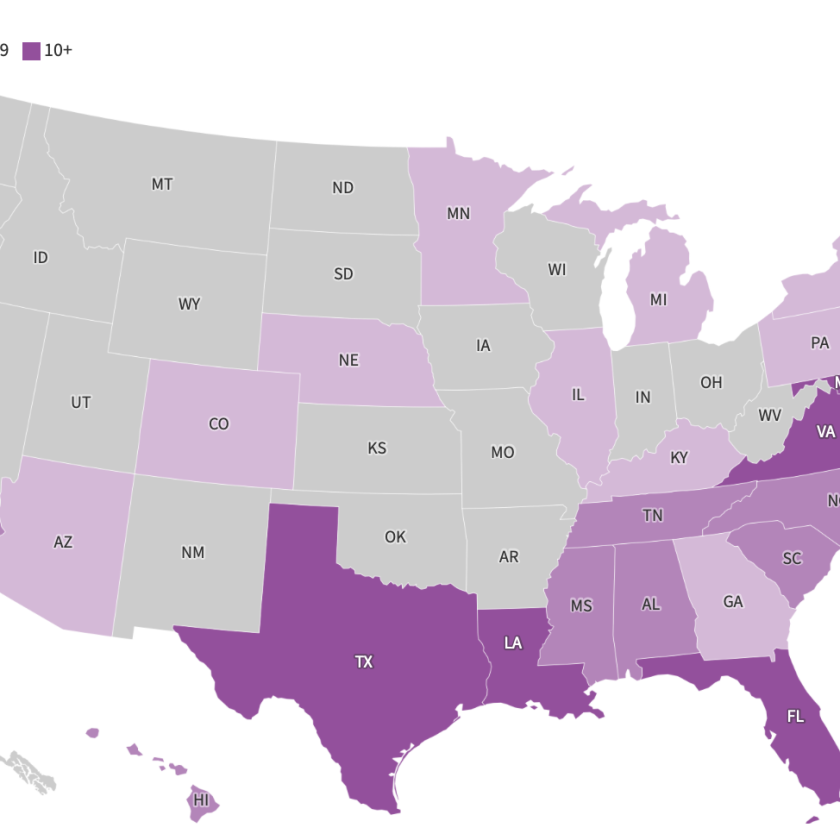
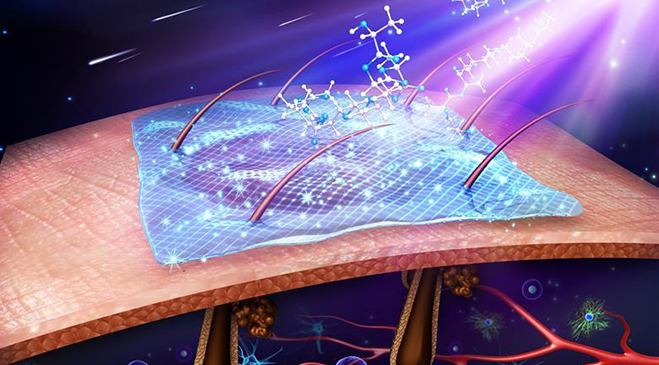
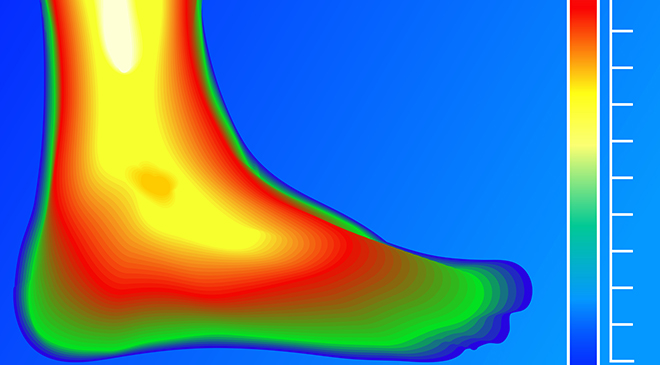
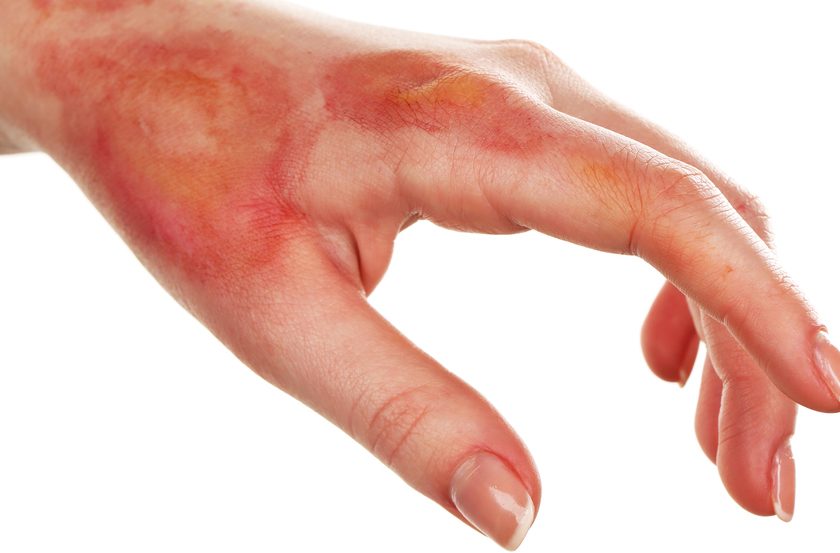
If a patient is currently under Home Care services and now HBOT is being added, is the HBOT part of the home care payment?
HBOT services must be provided under direct supervision of a physician and therefor do not fall under Home Health consolidated billing. However therapy services do. So any wound care done by the institution in conjunction with the HBOT services that are provided by therapists and billed with therapy revenue codes will not be paid separate.
On a separate note, remember that commercial payers as well as Medicaid may not recognize the C1300 code and may require the facility to report the 99183 or their own unique procedure code with a quantity of one not four. I continue to be amazed at the missed opportunities that I find when I audit outpatient billing!
Are you saying the wound care should be billed separately?
Could a modifier be use?
Under Noridian (MAC/LCD), State of Idaho, can a nurse practitioner or a physician assistant supervise HBO if they are WC/HBO certified? thank you
By definition CPT 99183 (Hyperbaric Oxygen Therapy) = “Physician or other qualified health care professional attendance and supervision of hyperbaric oxygen therapy, per session”.
The National Government Services LCD we follow in our practice area includes the following:
“Podiatric physicians may supervise hyperbaric oxygen therapy if such a service is within their State scope of practice. However, such supervision is only covered for Medicare reimbursement when the body area or condition being treated by the hyperbaric oxygen is also within the scope of practice (e.g., a diabetic wound of the foot).
Qualified non-physician practitioners (NPPs) may supervise hyperbaric oxygen therapy services, if such service is included within their State scope of practice, if their required supervision or collaborative agreement is with a physician qualified to provide HBOT services, and if the NPP meets the educational requirements identified herein.
Physicians supervising hyperbaric oxygen therapy should be certified in Undersea and Hyperbaric Medicine by the American Board of Emergency Medicine (ABEM) or the American Board of Preventive Medicine (ABPM) or the American Osteopathic Conjoint Committee of Undersea and Hyperbaric Medicine (AOCUHM); or must have completed a minimum 40-hour in-person training experience in a program such as one approved by the American College of Hyperbaric Medicine or the Underseas and Hyperbaric Medical Society. Training and/or certification for providers performing HBO therapy in Jurisdiction 13 (Connecticut and New York Part A and Part B providers) and Illinois and Wisconsin Part A providers was effective on November 1, 2011. For Illinois (Part B providers), Maine, Massachusetts, Minnesota, New Hampshire, Rhode Island, Vermont and Wisconsin (Part B providers), the requirement will be effective on January 1, 2015.”
We recommend that you check with Noridian directly to clarify their supervision requirements in your practice area.
As a person that has sustained a traumatic brain injury I am curious if Medicare eill reimburse for HBOT for the treatment of cognitive deficits with the TBI. It is established that HBOT s an effective treatment for TBI cognitive deficits and also for stroke deficits.
Why can a NP go through HBO training and certification but we are not reimbursed for Supervision?
I am the daughter of a Medicare beneficiary with a non-healing wound, over 60 days care at this time with several minor office debridements and is now 1 day post op deep debridement out-patient (not sure what the surgeon coded). I have coded general surgery claims about 8 years ago and, in general, am familiar with medical coding. My father (the patient) is concerned with coverage for wound care, especially if HBOT is recommended. I am not familiar with HBOT nor wound care coding at all. Can you direct me to the cms.gov articles that govern such, including those for the Local Policies of the Texas Medicare carrier? The link that was provided on the above article “errored” on cms.gov and I could not find the article from your link. I did find a 2006 policy on another web link but wasn’t certain if that HBOT policy was current or has CMS updated the policy in the past 8 years. It seems odd that that was the most recent policy I could find. Isn’t HBOT becoming more acceptible and covered? The limits and covered diagnoses seemed clear however on the 2006 article if that is still current.
Laura:
Here is a link to the Texas LCD for HBOT.
http://www.novitas-solutions.com/LCDSearchResults/faces/spaces/search/page
/lcd.jspx?Jurisdiction=JH&_afrLoop=436665463598000&State=Texas&_afrWindowM
ode=0&lcdID=L32739&medicareType=Part+B&_adf.ctrl-state=jakrrzhae_4
And here is the link for the Wound Care LCD in Texas:
http://www.novitas-solutions.com/LCDSearchResults/faces/spaces/search/page
/lcd.jspx?Jurisdiction=JH&medicareType=Part+B&_afrWindowMode=0&lcdID=L3268
7&_afrLoop=436777559793000&State=Texas&_adf.ctrl-state=jakrrzhae_13
I hope you find these helpful! I believe the links didn’t work for the
NGS articles because they have been updated since the article was written
last year. NGS is the FI in our area, so it wouldn’t be helpful to you
in Texas.
Thank you,
Carrie
What is a typical reimbursement for a hyperbaric oxygen treatment from medicare?
ok. The Physician goes to the hospital and does wound care and HBOT. How would the physician’s billers bill his services? Because the hospital uses 99183 with g0277 and they are saying we bill it the same but with a modifier 25.. please help.